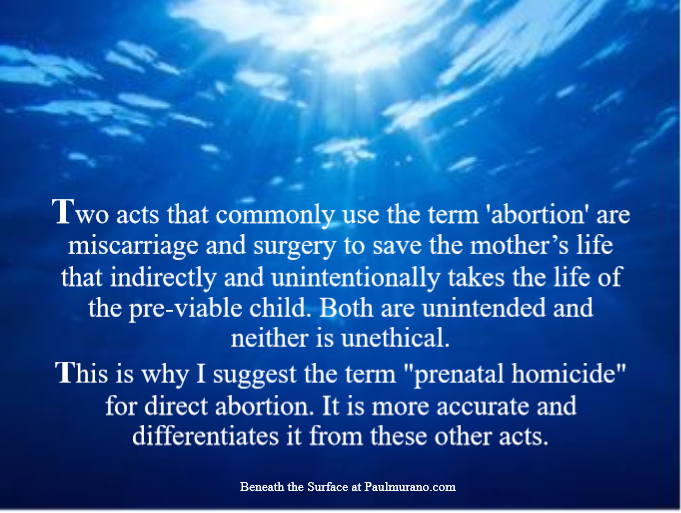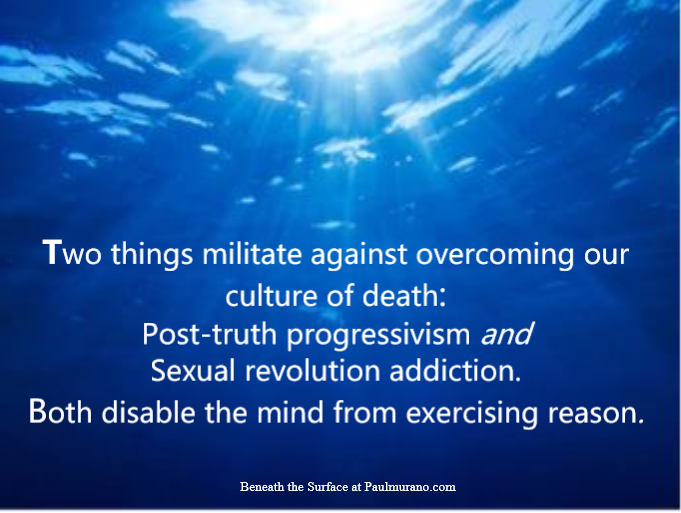
Author: Paul Murano







Natural Purpose and Personal Motive
Many people ignorantly accuse the Church of teaching that people must have procreation on their minds as a conscious motive in order to engage in sexual union. This is false. To see why, we must appreciate the notion of telos, which in Greek means end/purpose/fulfillment. This applies especially to the two bodily appetites inherent in […]... Read More
Word, Meaning, and Interpretation
Words without interpretation are meaningless. Words with improper interpretation become subjective falsehoods. The only foolproof way of knowing the right interpretation of words is to be informed by the one who has spoken them. This is an important principle. So too, the divine Word without proper interpretation becomes something false in the subjective minds of […]... Read More


Death, Burial, and Resurrection
“By burying the bodies of the faithful, the Church confirms her faith in the resurrection of the body, and intends to show the great dignity of the human body as an integral part of the human person whose body forms part of their identity… She cannot, therefore, condone attitudes or permit rites that involve erroneous […]... Read More






The Right to Another’s Body
Recently, in a “friendly” debate, a woman whom I did not seek out proudly declared between her F-bombs that it doesn’t matter if a preborn child is a human being. What really matters, she defiantly claimed, is that no one has an obligation to ‘lend’ her body to someone else against her will. It’s a […]... Read More

Rape, a deliberate smokescreen
From the National Catholic Bioethics Center: When it comes to abortion, the state of Louisiana in past years required some of the most comprehensive reporting in the US, and their detailed records are a helpful resource for determining how frequent abortions for rape really are. Abortionists were required to fill out a form entitled “Report […]... Read More
Three Different Acts called Abortion
The word ‘abortion’ means to end something (anything) prematurely, and is too vague a term to use with regard to pregnancy. Further, it is commonly used for three very different acts, each of which should have their own unique terms: a) Miscarriage (often called spontaneous abortion). b) Indirect abortion, when the child dies unintentionally as […]... Read More


Intellectus and Ratio
Pre-moderns recognized two ways that the mind know things – in Latin, intellectus and ratio. Some say it’s the difference between heart-knowledge and head-knowledge, or right-brain vs. left-brain understanding. Intellectus is more of an intuitive, passive understanding, while ratio is more of a logical, active knowledge. Intellectus sees the puzzle and appreciates it as a […]... Read More
